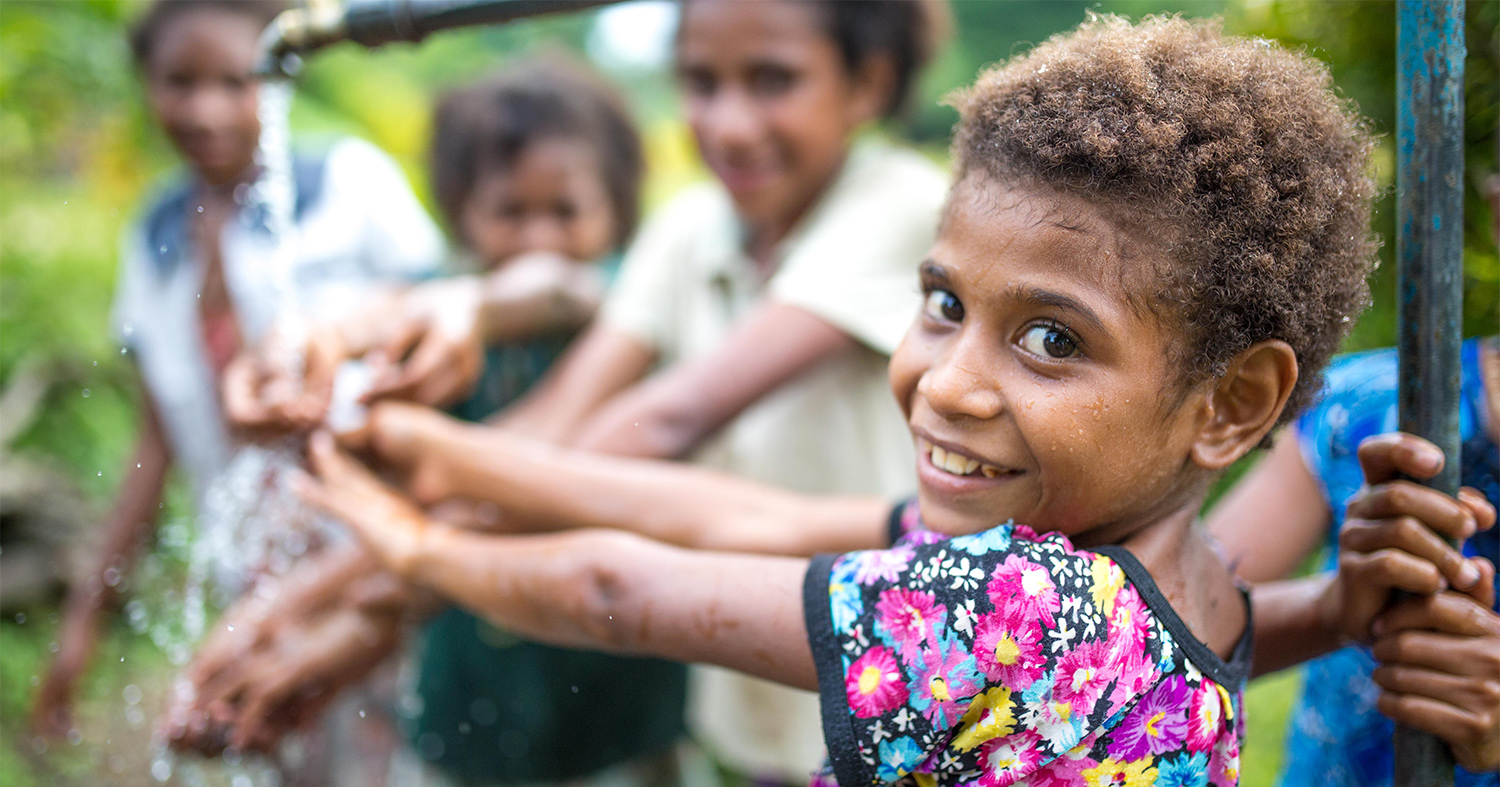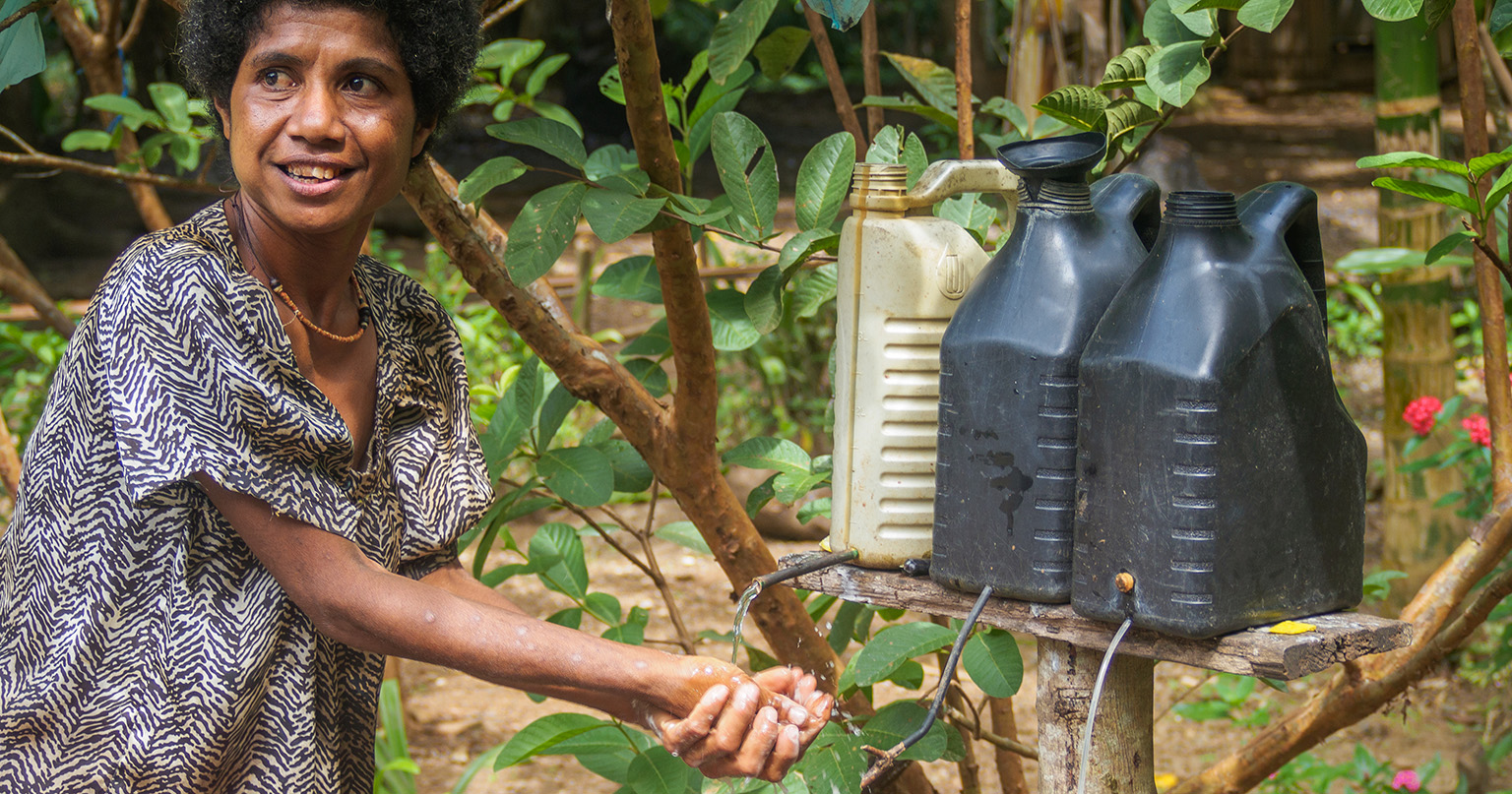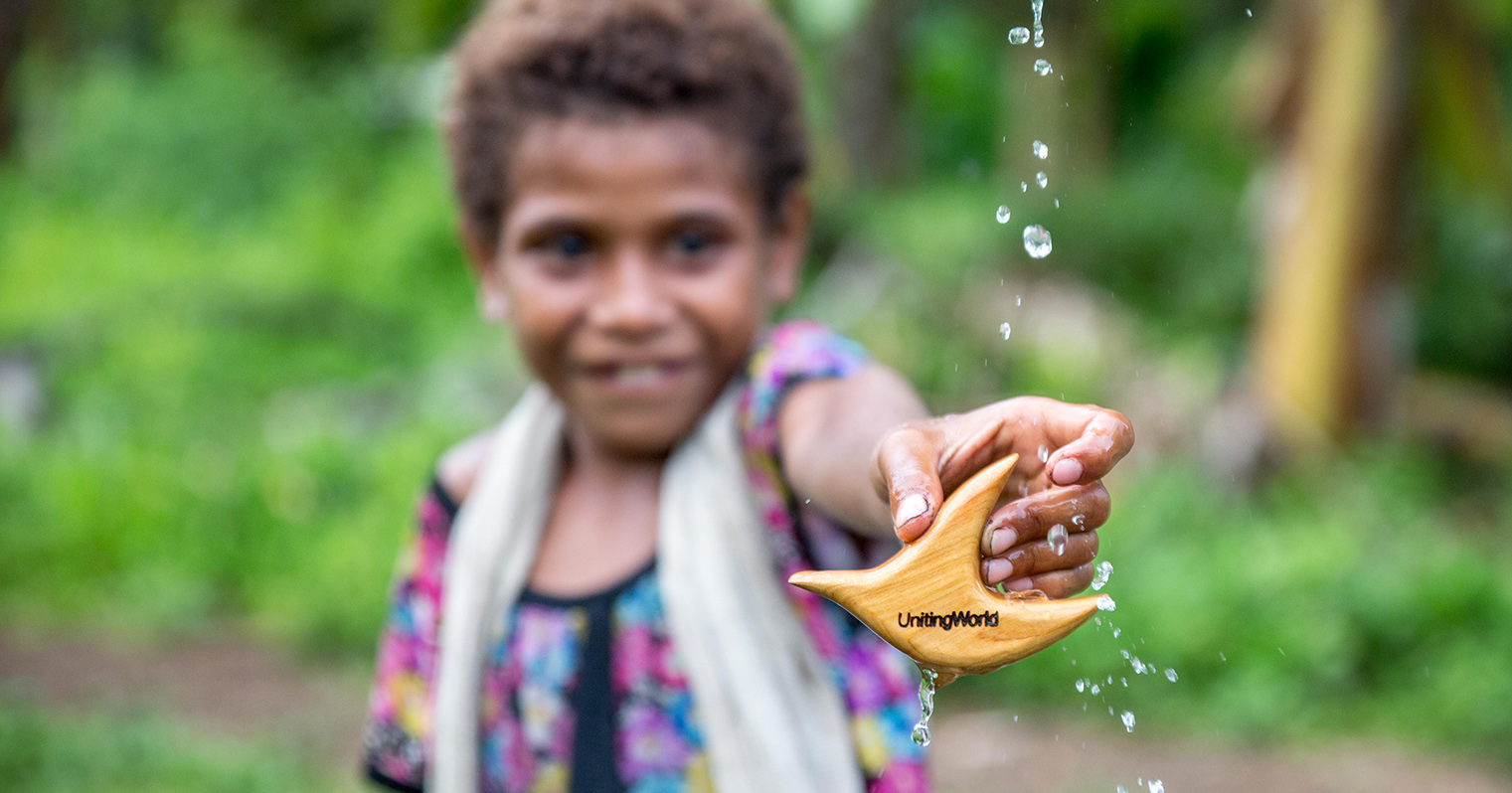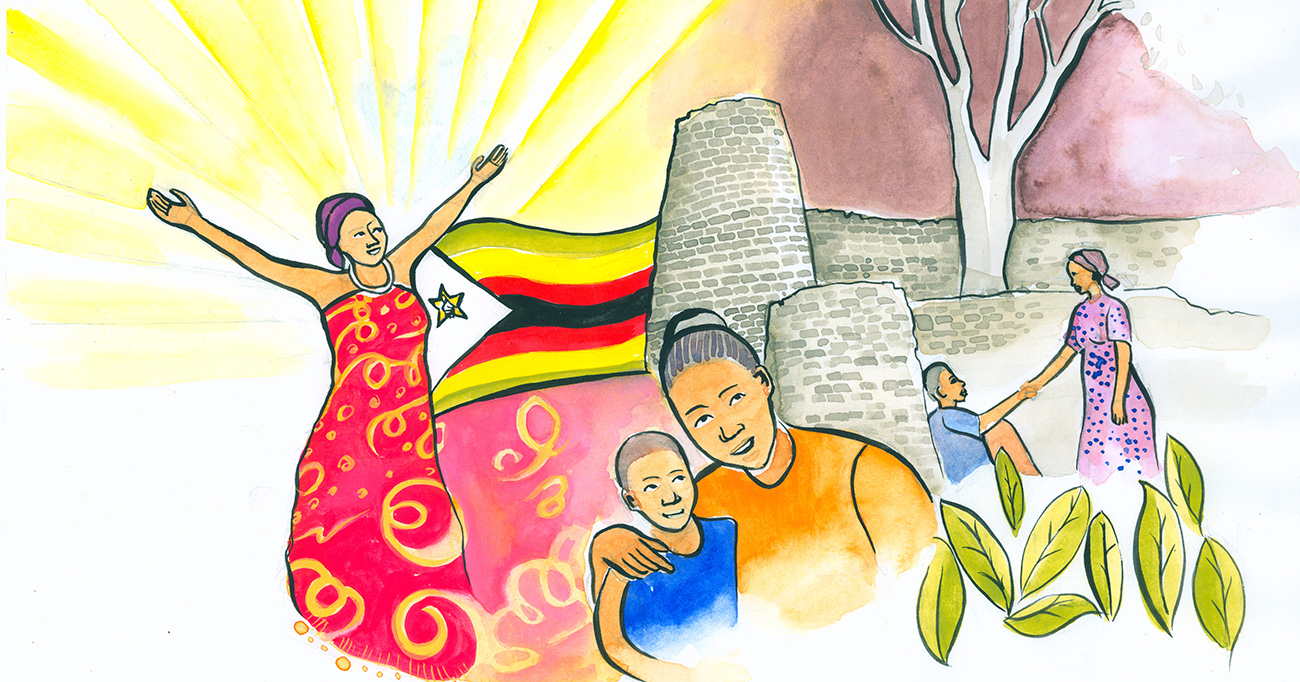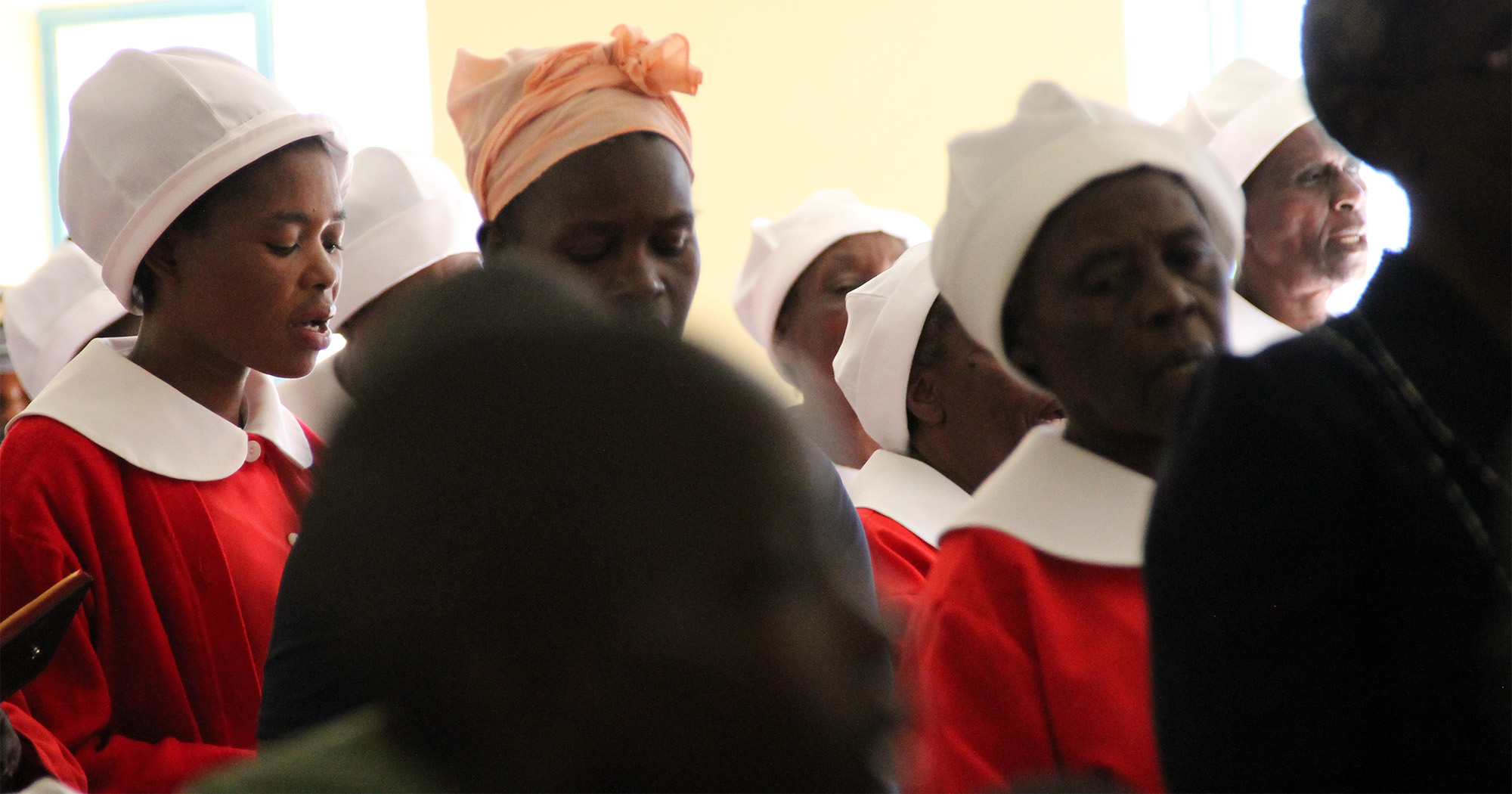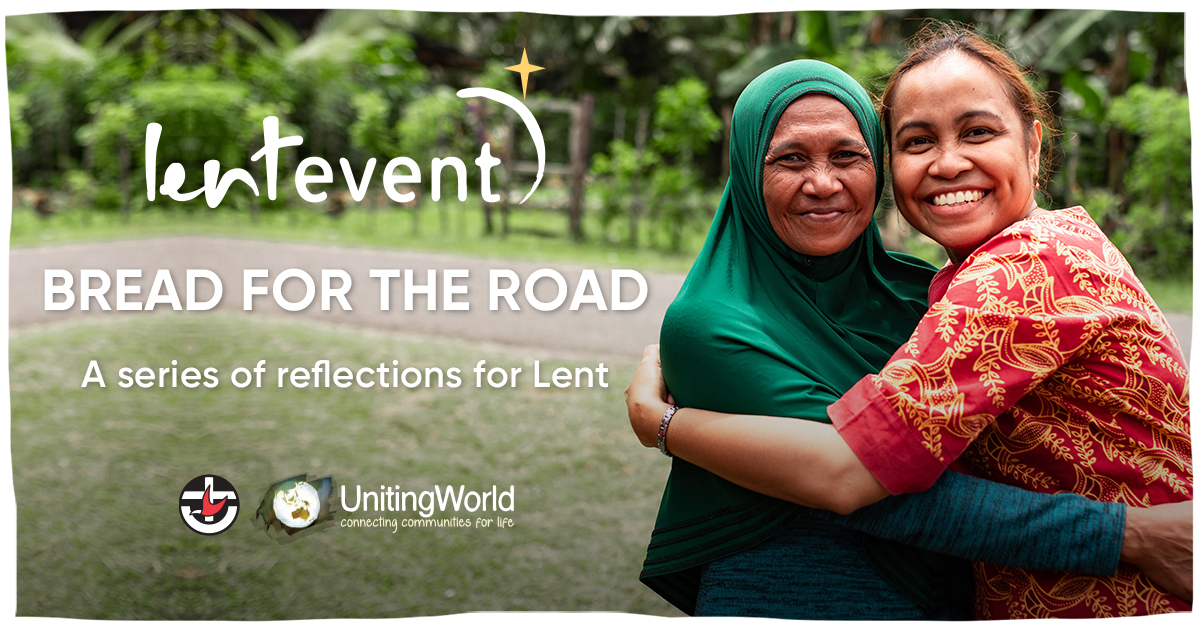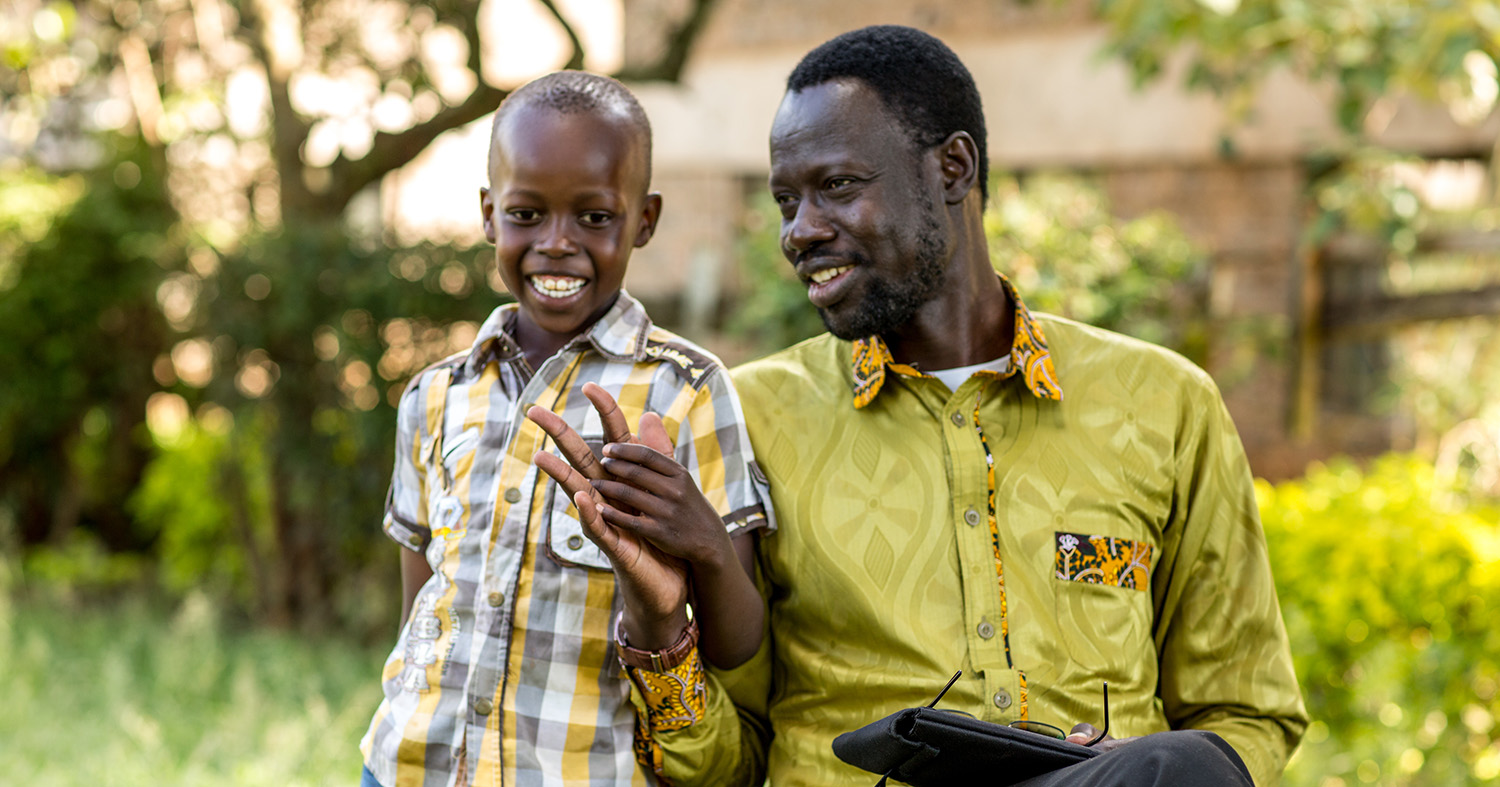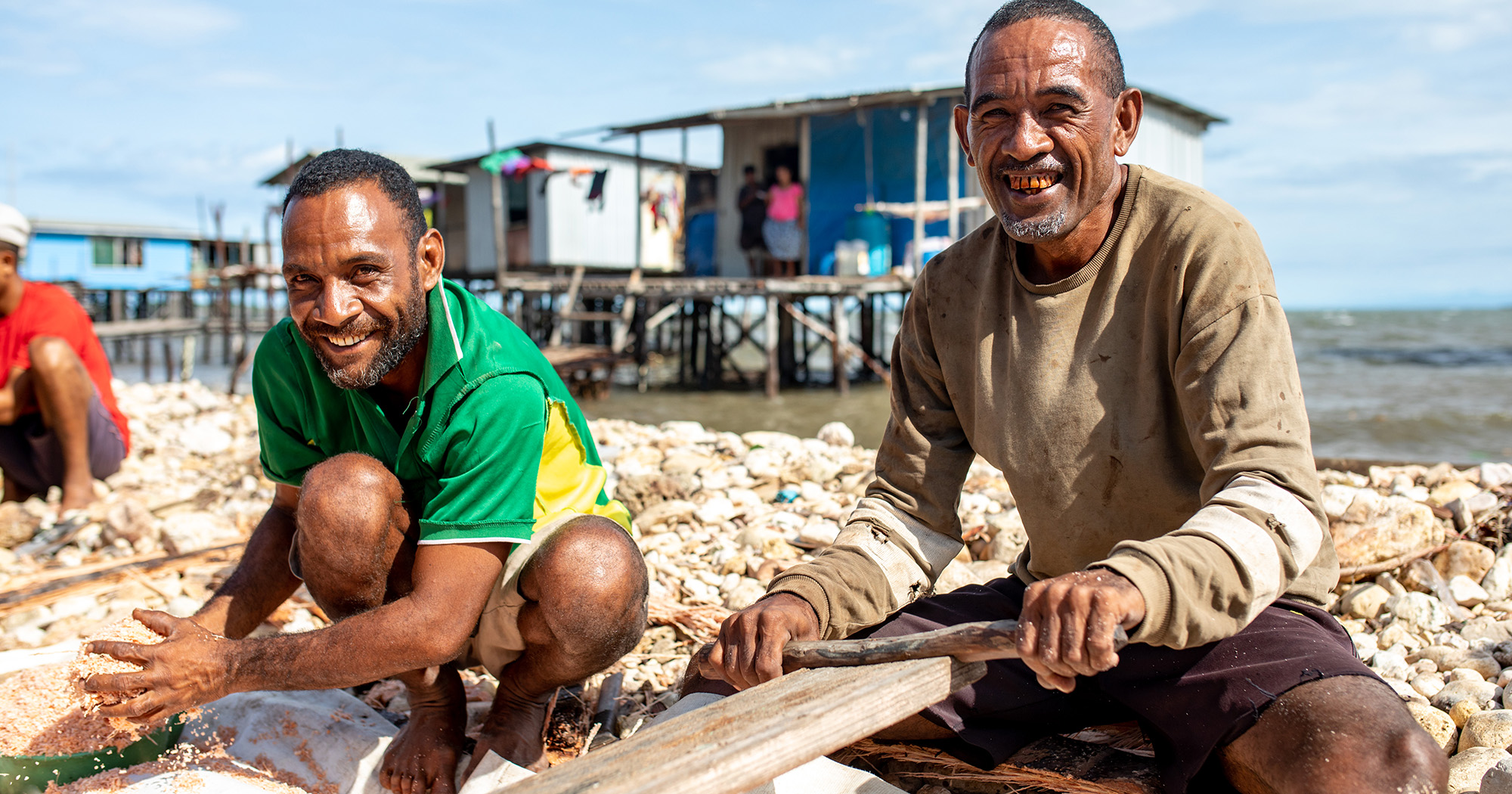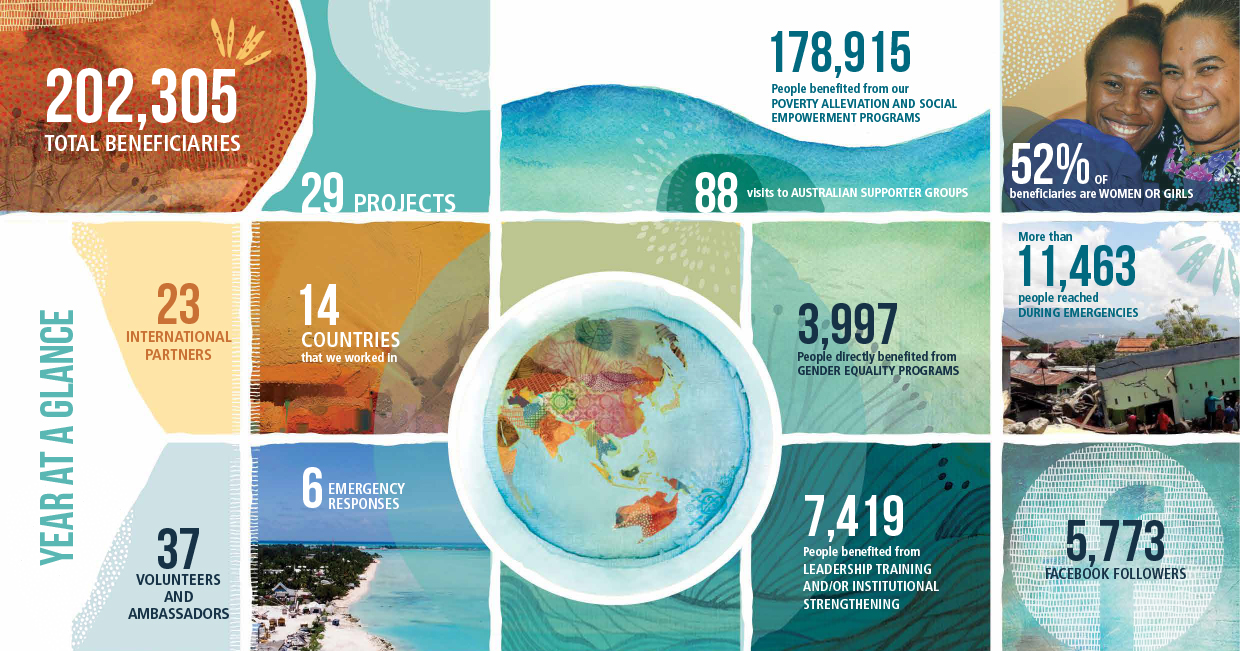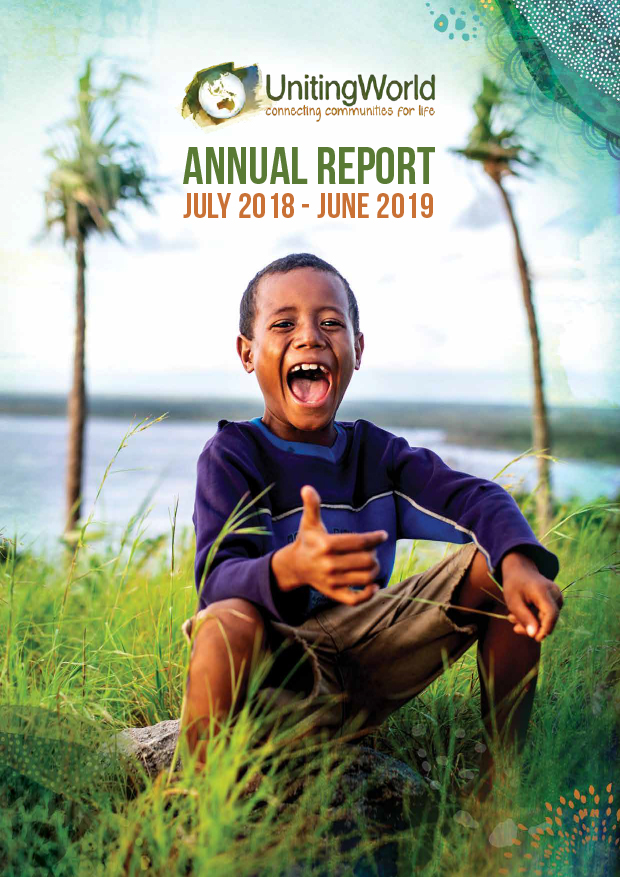Keeping hope alive: COVID-19 Update
When a crisis like COVID-19 hits, it is the poor who are hit hardest.
I bring you love and greetings from our global church partners and the team at UnitingWorld.
In this distressing time of uncertainty and change, if you’re like me, you’re probably feeling a mix of emotions – anxiety and hope; grief and determination.
Thank you for being our faithful supporters. Your generosity and compassion has changed so many lives. Every person you have helped out of poverty is in a better place to fight COVID-19 because of you.
Watch the full message below.
Want to share this with your church community? Click here to download via Vimeo.
Please remember our partner church communities in your prayers. They face the challenge of COVID-19 often without healthcare, sometimes without clean water or food.
This crisis will come and go, and we must survive it together. We need to be there for the long road to healing and recovery. Because we are people of hope.
Though we may be walking through the valley of shadows right now, let us do it hand in hand with God’s people everywhere. Because we know God walks with us, and that dawn will come.
I pray that you and your family be strong and courageous during this time, holding onto hope and health. And I beg that you stand with us, and remember the poorest and most vulnerable in our global neighbourhood. Now more than ever, they need your prayers and your support.
We’ll continue to keep you updated in the coming weeks.
In hope and determination,
Dr Sureka Goringe
National Director
UnitingWorld
Click here to donate to our COVID-19 appeal
Video transcript
Hi. Like most of you, I’m stuck at home. I’m trying to get work done and stay connected with my colleagues, my family and my friends.
The COVID-19 pandemic means we are all facing a distressing level of uncertainty and change right now. I know that many of you are facing tough times, worrying about the health of your loved ones and what the next few months might bring.
And if you’re like me, you’re probably feeling a mix of emotions too – anxiety and grief; but also hope and determination.
If you’re watching this, you’ve probably been friends of UnitingWorld for a while. I’m grateful for our partnership in faith and service. We at UnitingWorld are praying for you. And our brothers and sisters overseas are praying for you. We know, because they write and tell us so.
I want you to know that the team at UnitingWorld are all safely back in Australia, and while we’re all working from home, they are doing a marvellous job looking after each other and staying connected with our partners.
Last week we shared public health information from the World Health Organisation with our partner churches – hoping they’d be useful for distribution in their churches.
The hardest thing I had to do this week was to read an email from my friend Rev John Yor from South Sudan. He wrote…
Dear Sister – Thanks for sending the information
We are living by the grace of God because no awareness material has come from the government.
So I will copy the materials you sent and give some awareness to staff as well as groups who were displaced and are not aware of the Coronavirus or how to prevent it. But we have problems with the internet to send information and materials to others.
I am working now at night and water is a problem because it is carried by tanks not pipes lines. Hand washing is very difficult. Many are not able to stay at home because they will die by hunger if they do. They force themselves to go out to work, because there is no food stored at home. Even I don’t have food stored where we are living.
John’s words broke my heart.
When a crisis like COVID-19 hits, it is the poor who are hit hardest.
The people that our partner churches work with everyday are facing the challenge of COVID-19 without health care, internet or Newstart. Sometimes without clean water or food.
Now, more than ever, they need us to stand with them.
This crisis will come and go, and we must we survive it together. And we need to be there for the long road to healing and recovery.
Because we are people of hope. Though we may be walking through the valley of shadow right now, let us do it hand in hand with God’s people everywhere. Because we know God walks with us, and that dawn will come.
So, stuck at home we might be, but we’re rolling up our sleeves and digging deep. And we need you with us.
We’re in urgent conversations with our partners. Many of the projects you support have been put on hold, so we’re working with partners to redirect money and people to help prepare their communities and pass on critical health advice using their church networks.
We are assuring them that UnitingWorld and the people of the Uniting Church have not forgotten them, and are holding them in prayer. Please make that true, won’t you?
We’re planning how to keep ourselves and are partners fit and ready for the long road to recovery.
We’re talking with other international aid organisations and the Australian Government to prepare for what may happen in our region, to make sure that we can work together for best results.
We’re doing all we can to keep people safe. We have stopped all travel, and are no longer going into the office to work. While we will still respond to your emails and phone calls promptly (possibly in our pyjamas), responses to your post mail be delayed. It’s kept safe, and we will get to it, but we can’t access it every day.
Thank you for being our faithful supporters, for your generosity and compassion that has changed so many lives. Every person you have helped out of poverty, is in a better place to fight COVID-19 because of you.
I pray that you and your family be strong and courageous during this time, holding onto hope and health. And I beg that you stand with us, and remember the poorest and most vulnerable in our global neighbourhood. Now more than ever, they need your prayers and your support.
Thank you.
UnitingWorld is the international aid and partnerships agency of the Uniting Church in Australia, collaborating for a world free from poverty and injustice. Click here to support our work.

